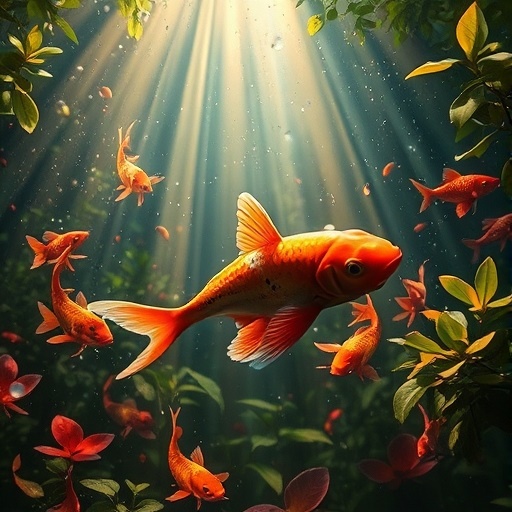Koi fish are not only known for their stunning appearance but also for their need for careful attention and maintenance. Raising koi in a pond can be a rewarding experience, but it requires knowledge, time, and effort to ensure their health and well-being. For anyone considering keeping koi as pets, understanding the essentials of koi care is crucial for creating a thriving and beautiful pond environment.
Koi fish are hardy and can live for many years, sometimes exceeding 50 years with proper care. The first step in raising koi is creating an ideal environment for them. Koi ponds need to be large enough to accommodate the fish, with a minimum depth of 3 feet. This ensures that the fish have enough space to swim and grow. The water should be kept clean and well-filtered, as koi are sensitive to water quality. Regular pond maintenance, including cleaning filters and removing debris, is essential to maintaining a healthy environment.
Temperature is another important factor when caring for koi. They are cold-water fish and can tolerate a wide range of temperatures, but extreme heat or cold can cause stress. The ideal temperature range for koi is between 65°F and 75°F. During the winter months, koi may enter a state of dormancy, and it is important to reduce feeding and avoid disturbing them too much during this time.
Koi also require a balanced diet to stay healthy. Commercial koi food is available, but it is essential to choose the right type of food based on the fish’s age and size. Koi can be fed a variety of foods, including pellets, vegetables, and even certain fruits, but overfeeding should be avoided, as it can lead to poor water quality. Feeding should be done in moderation, and uneaten food should be removed promptly to prevent water contamination.
Health monitoring is vital for keeping koi in top condition. Regularly checking the fish for signs of illness, such as unusual behavior or changes in appearance, is important. Koi can suffer from various diseases, including skin infections, parasites, and fungal growths. Quarantining any new fish before introducing them to the pond is also a good practice to prevent the spread of diseases.
In conclusion, caring for koi fish requires attention to detail, patience, and consistency. By creating a proper environment, maintaining water quality, and providing a balanced diet, koi can thrive and live for many years. Their majestic presence will add beauty and tranquility to any garden or pond, making them a rewarding addition for any enthusiast.

